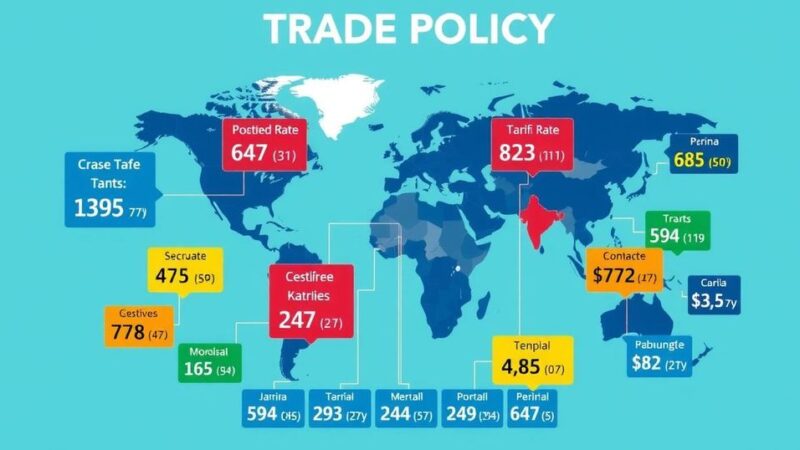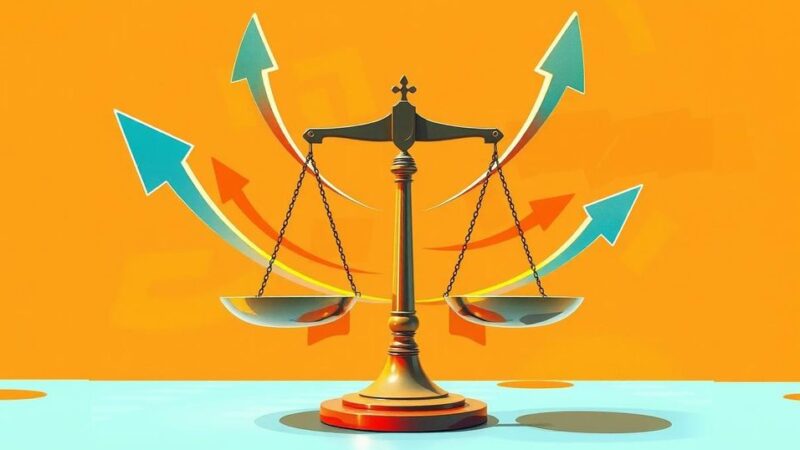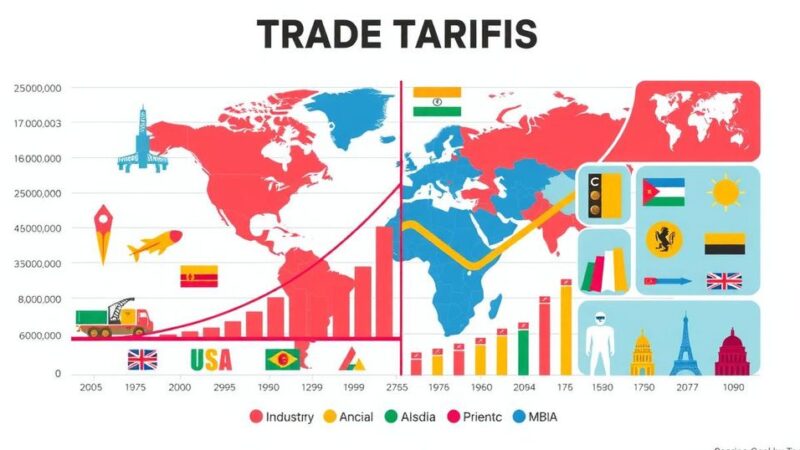Argentina’s economy struggles with high inflation, debt, and political instability. The government is pursuing reforms to stabilize the economy and attract investment while agriculture remains a robust export sector. Economic recovery opportunities may arise from improved trade relations.
The economy of Argentina has faced significant challenges over the years, including high inflation, currency devaluation, and mounting debt. Recent data indicates that inflation rates have soared, affecting the purchasing power of citizens and leading to a decrease in consumer confidence. Additionally, the public debt has been a growing concern, leading the government to engage in negotiations with international creditors.
In recent months, there has been ongoing debate regarding potential economic reforms aimed at stabilizing the economy and promoting growth. The government is exploring measures to attract foreign investment and boost domestic production. However, these plans encounter obstacles due to political instability and social unrest, which contribute to a lack of confidence in economic policies.
Despite these difficulties, there are sectors within the economy that show resilience. For instance, agriculture continues to be a crucial driver of exports, helping to balance trade deficits. Furthermore, discussions surrounding trade agreements may provide opportunities for economic recovery, as they could enhance access to international markets.
In summary, Argentina’s economy is navigating tumultuous conditions characterized by high inflation and significant debt. As the government seeks to implement reforms to restore stability and encourage growth, it faces challenges from political uncertainties. Nonetheless, sectors like agriculture remain vital to the country’s economic framework, offering pathways for potential recovery through international trade agreements.
Original Source: www.chronicleonline.com






